Mariko delivers a profound and poetic message to Ochiba-no-kata during their long awaited reunion in the penultimate episode of Shōgun season 1.
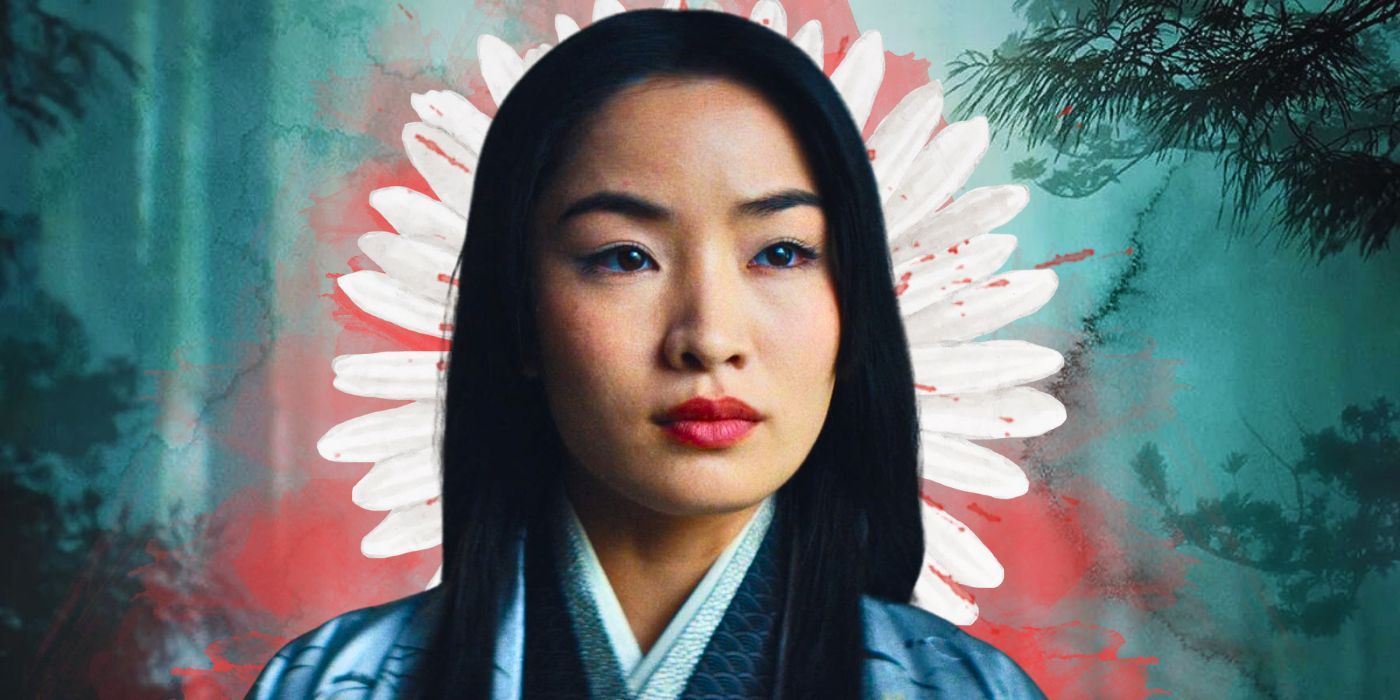
Shōgun episode 9 “Crimson Sky” featured a powerful line from Lady Mariko during her reunion with Ochiba-no-kata. With only one episode remaining the the critically acclaimed series, Shōgun has firmly established itself as one of the greatest new television shows of 2024. Following the shocking death of Hiromatsu in Shōgun episode 8, Toranaga’s endgame plan continues to unfold through Lady Mariko as she, Blackthorne, and Yabushige enter the lion’s den of Osaka in episode 9.
Throughout Shōgun episode 9, Mariko appears to be executing the designed plan of Lord Toranaga, whose intentions and strategy are strongly felt despite him not appearing in the episode at all. While the episode’s title “Crimson Sky” suggests that it could have potentially been an hour-long epic battle like a classic Game of Thrones episode, Shōgun episode 9 remained rooted in the interpersonal dynamics between all the characters, particularly Ochiba-no-kata and her old friend Lady Mariko.
Lady Mariko’s “Flowers” Line To Ochiba-no-kata In Shogun Explained
Mariko had accepted her death before arriving in Osaka
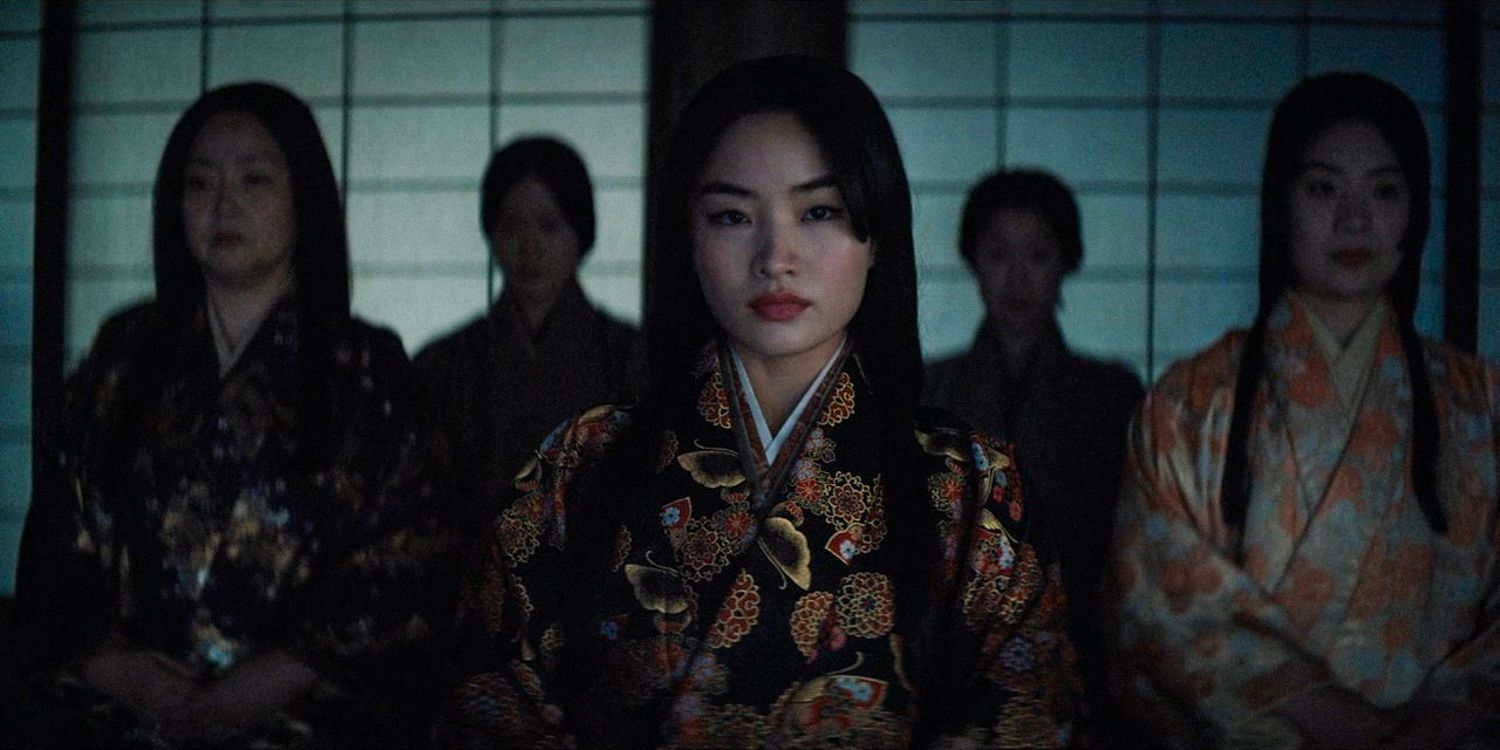
Ochiba-no-kata calls on Lady Mariko to serve as translator between her and Blackthorne despite the Anjin having gotten pretty good in Japanese. The perceptive Mariko knows that her old friend had meant to speak with her directly and was only using a meeting with Blackthorne as a ruse to invite Mariko. This comes after Mariko tries to leave Osaka the day after she arrives and is met with violence and defense by Ishido’s men, forcing her to announce that she will commit seppuku that night for failing to obey Toranaga’s orders to return to Edo promptly.
For old time’s sake, Ochiba reminisces on her fond memory and admiration for Mariko in her younger years. She attempts to talk Mariko out of her decision to die for Toranaga’s apparent warmongering by reminding her of who she was before her father’s great betrayal. Mariko has since become a martyr searching for a way to regain her honor, which Ochiba cannot understand when she still has a son that she would be abandoning with her death. Before leaving, Mariko says “Flowers are only flowers because they fall,” letting Ochiba know that she has already accepted death.
Was Lady Mariko Revealing Her Impending Death?
Mariko knew she would not leave Osaka alive
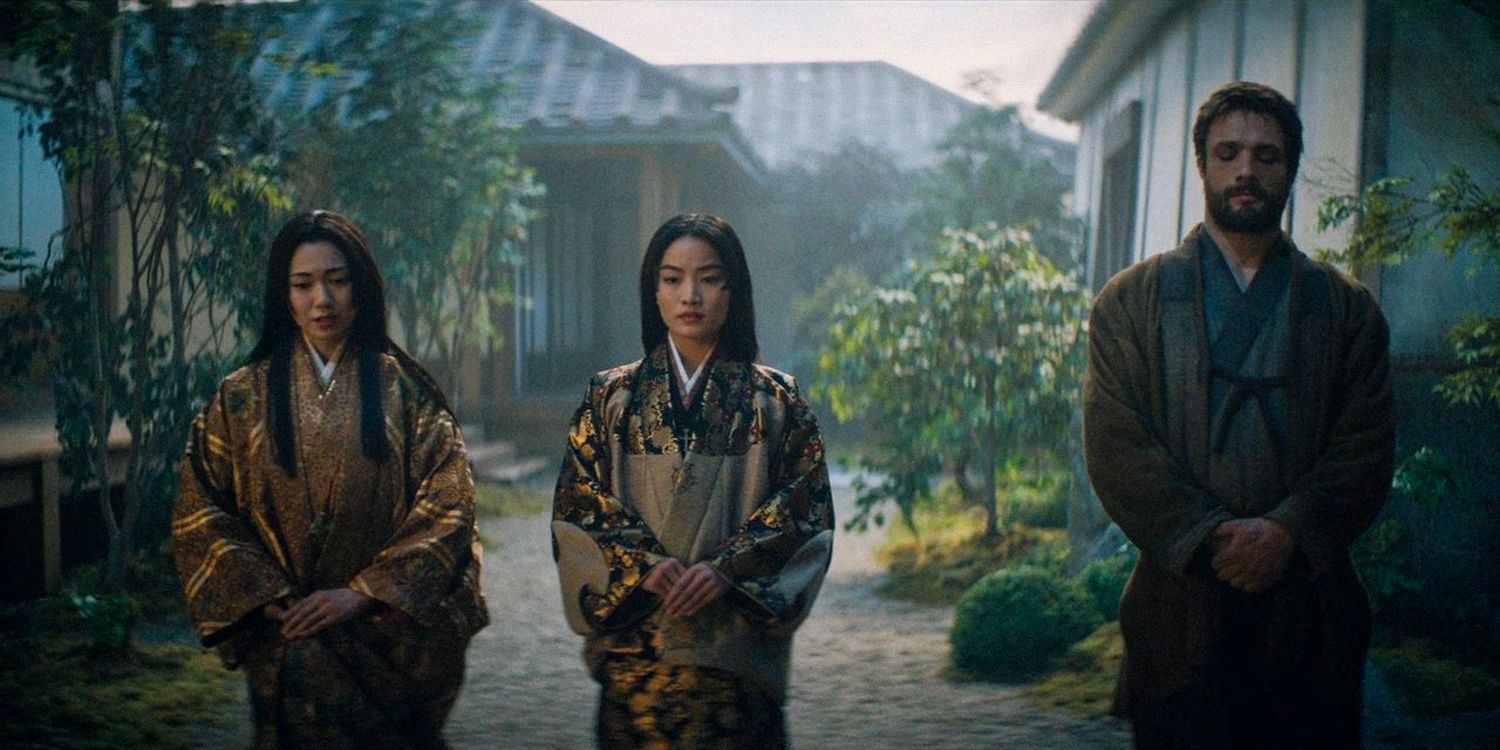
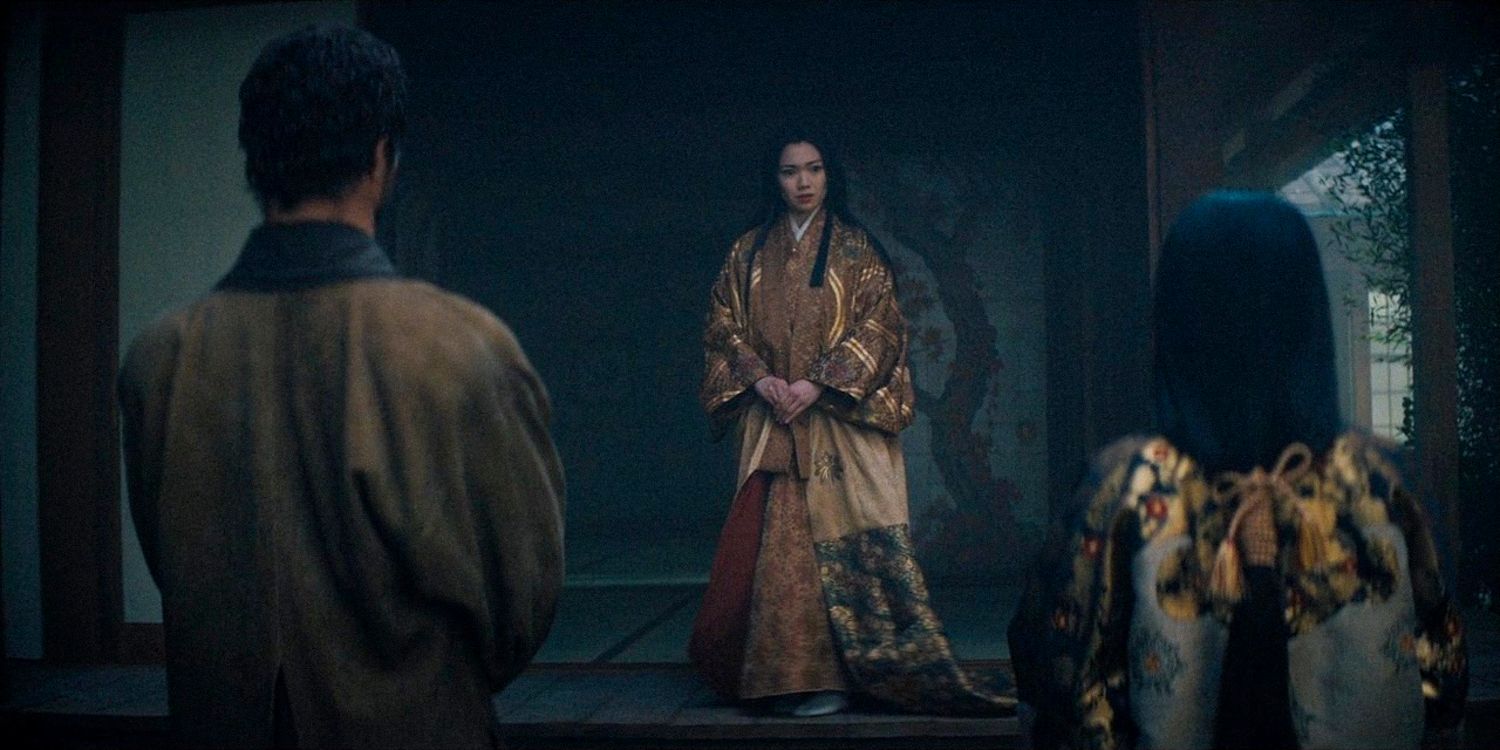
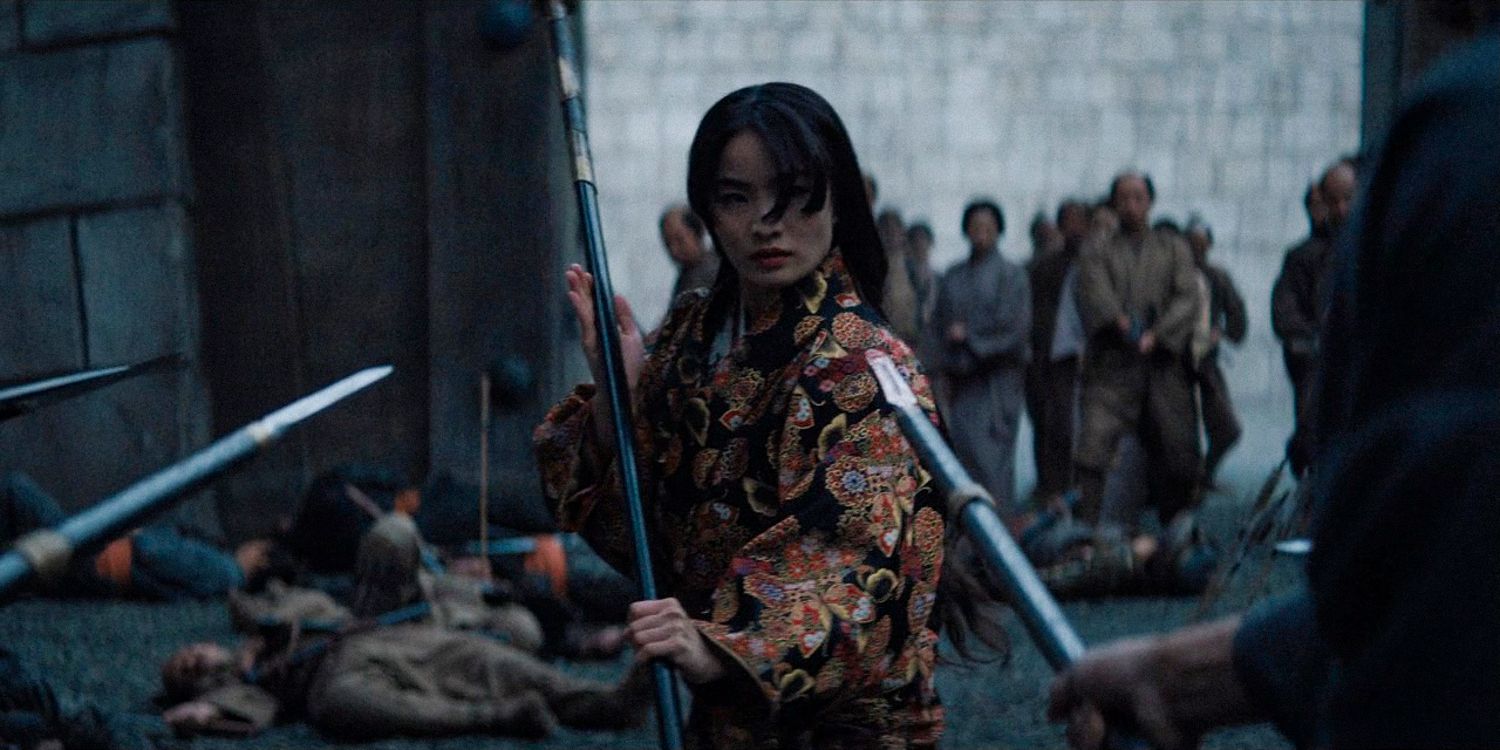
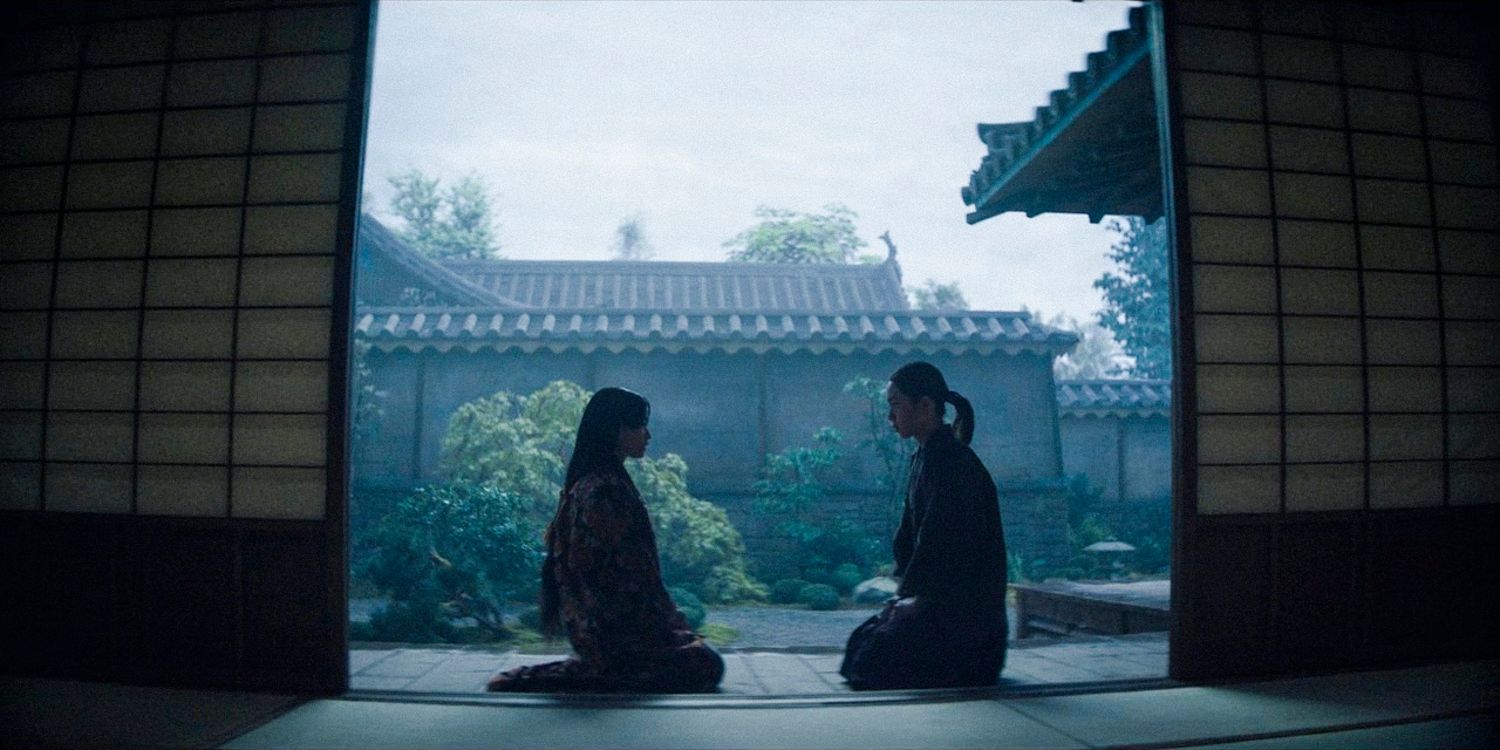
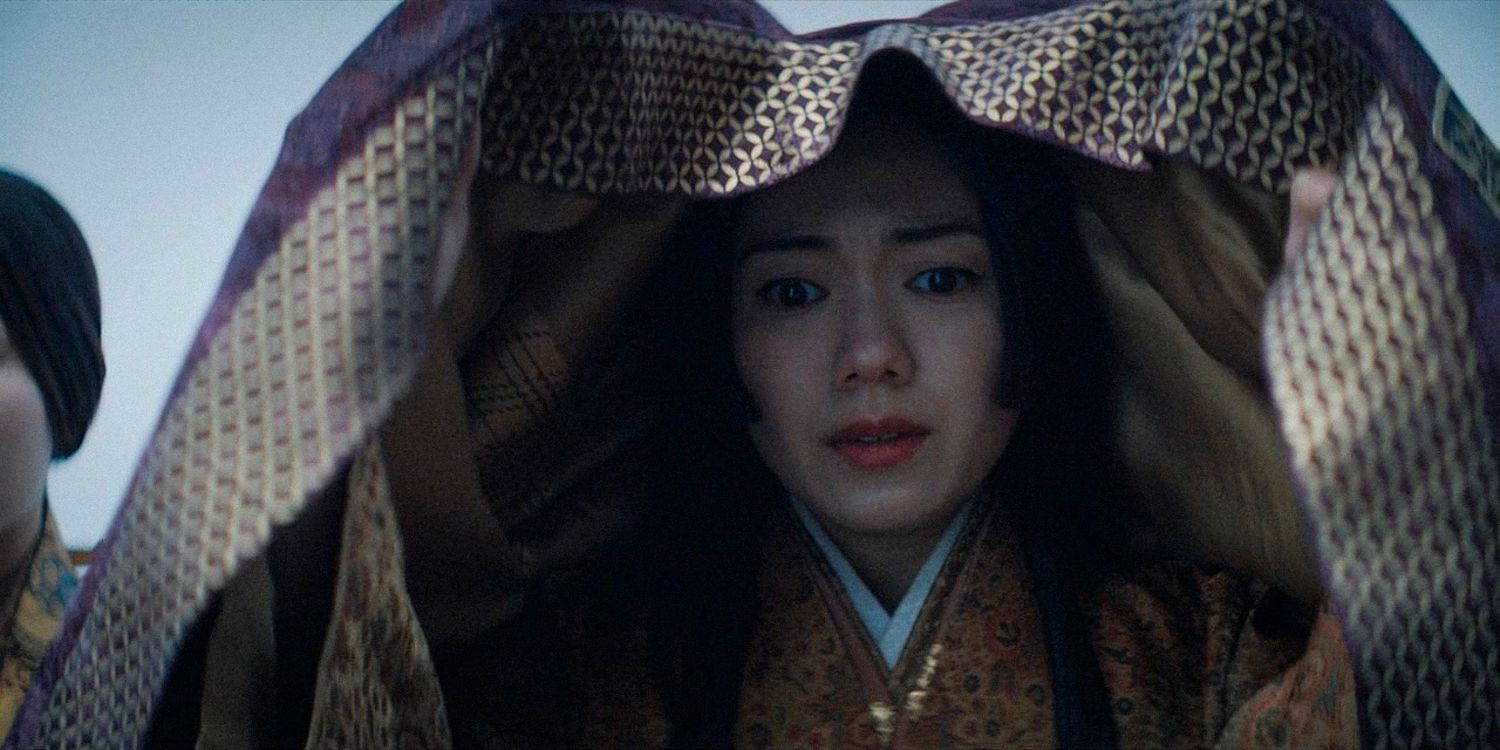
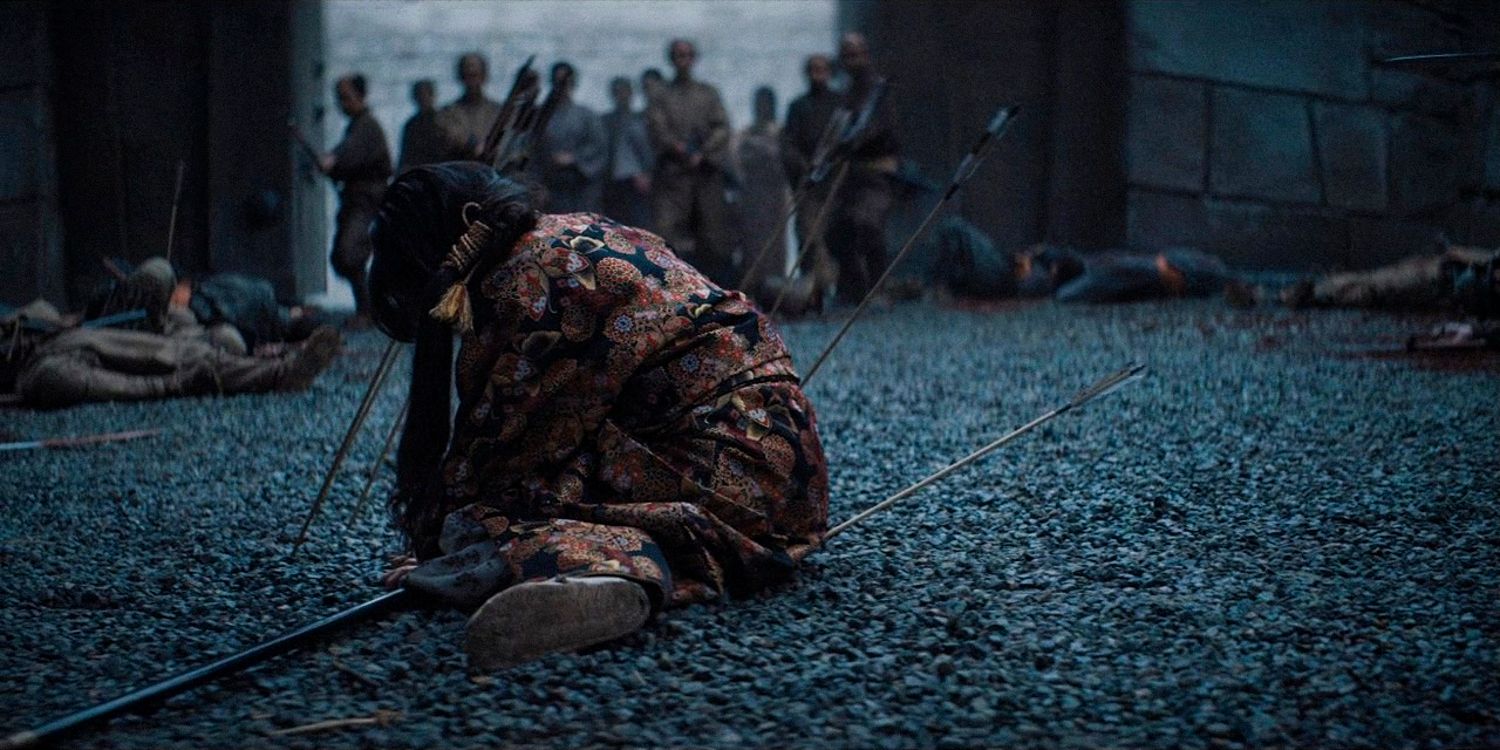
Mariko’s words to Ochiba echo her statement to Blackthorne that death can have as much purpose as life, even if it is permanent.
It’s clear from Shōgun episode 9 that Lady Mariko knew she would not leave Osaka alive. Her death wasn’t through seppuku as she had originally planned, but it appears that her death would be yet another great sacrifice and foundational stepping stone for Toranaga’s master plan to become shōgun. She was spared from committing seppuku by Ishido’s permit to leave Osaka at the last minute, which saved her from her Christian belief of damnation from immortal sin.
Mariko standing in front of the exploding door at the end of Shōgun episode 9 was her way of accepting death, which she poetically compares to a flower organically falling, to advance Toranaga’s plan. “Flowers are only flowers because they fall” represents a naturalist perspective on truth and life, which death is holistically a part of. Her words to Ochiba echo her statement to Blackthorne that death can have as much purpose as life, even if it is permanent.





